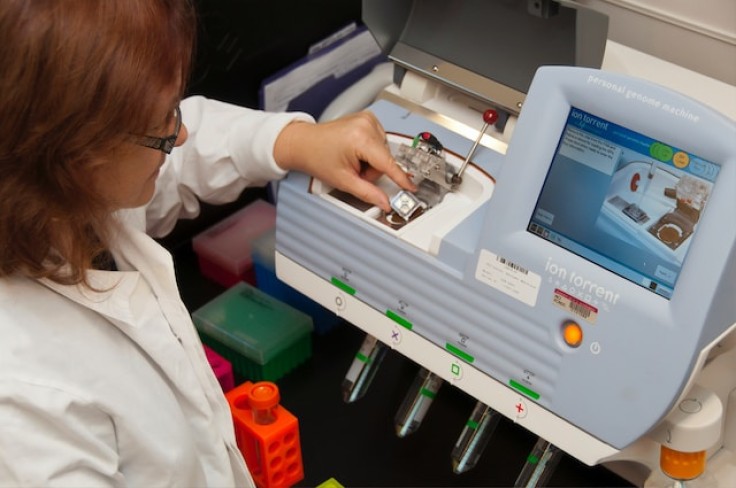
Alpha-gal syndrome, a potentially fatal allergy to red meat, affects a sizable portion of Americans, but two reports from the Centers for Disease Control and Prevention (CDC) released on Thursday revealed a significant knowledge gap among medical professionals regarding its identification and treatment.
Dr. Scott Commins, an allergy immunology specialist at the University of North Carolina Department of Medicine in Chapel Hill and co-author of the reports, expressed concern over the lack of awareness among healthcare providers. "Patients are out there, but the primary care folks, the health care providers, just don't seem to know about it," he said.
Knowledge Gap Exposed: Doctors Unaware of Alpha-Gal Syndrome and Its Treatment
An allergic reaction to eating red meat from animals like cows, deer, pigs, or goats causes the tick-borne illness known as alpha-gal syndrome. Some individuals may also develop allergies to dairy and other byproducts derived from processing these animals, like gelatin.
The symptoms of alpha-gal syndrome can vary widely and include nausea, stomach cramps, diarrhea, itching, hives, and, in severe cases, shortness of breath and anaphylaxis. Notably, unlike other food allergies, symptoms may not manifest immediately after consuming meat due to the slower digestion process. As a result, many doctors largely ignore the condition because the delayed onset of symptoms makes it difficult to make an accurate and timely diagnosis.
According to the reports, 42% of the 1,500 surveyed doctors had never even heard of alpha-gal syndrome, while an additional 35% lacked confidence in detecting or treating the illness. Primary care providers, who are often the first point of contact for patients with unusual symptoms, constituted the majority of those surveyed, further hindering early detection and diagnosis.
Another alarming finding from the second report is the rising number of alpha-gal syndrome cases. From 2017 to 2021, the CDC observed an increase of approximately 15,000 new cases annually. Dr. Erin McGintee, an allergy and immunology physician in New York, noted a surge in patients affected by the syndrome in the past decade, treating around 900 cases herself.
Nationwide, the CDC has recorded over 110,000 cases since 2010, but experts believe the true number could be as high as 450,000, suggesting that many cases go undetected or misdiagnosed.
Patient Experiences: Stories of Those Affected Shed Light on the Syndrome
A sugar molecule known as alpha-gal that is present in the blood of cows, deer, goats, and pigs causes alpha-gal syndrome. When lone star ticks feed on these mammals, they acquire alpha-gal in their saliva, which can then be transmitted to humans through a tick bite. The immune system recognizes alpha-gal as a foreign substance and produces antibodies, leading to an allergic response when alpha-gal is ingested, causing a range of symptoms from itching to severe gastrointestinal distress.
Debbie Nichols, a resident of Blacksburg, Virginia, experienced ongoing health issues for years before discovering that her consumption of red meat was the culprit. After a steak dinner, she woke up in the middle of the night with excruciating abdominal pain, which eventually led to her diagnosis of alpha-gal syndrome through a blood test in 2019.
According to NBC News, the prevalence of alpha-gal syndrome calls for increased awareness among medical professionals to ensure timely and accurate diagnosis, allowing affected individuals to manage the condition effectively and prevent potentially life-threatening reactions.
Related Article : Tick Bites Leading to Potentially Life-Threatening Red Meat Allergies - Essential Information to Stay Informed